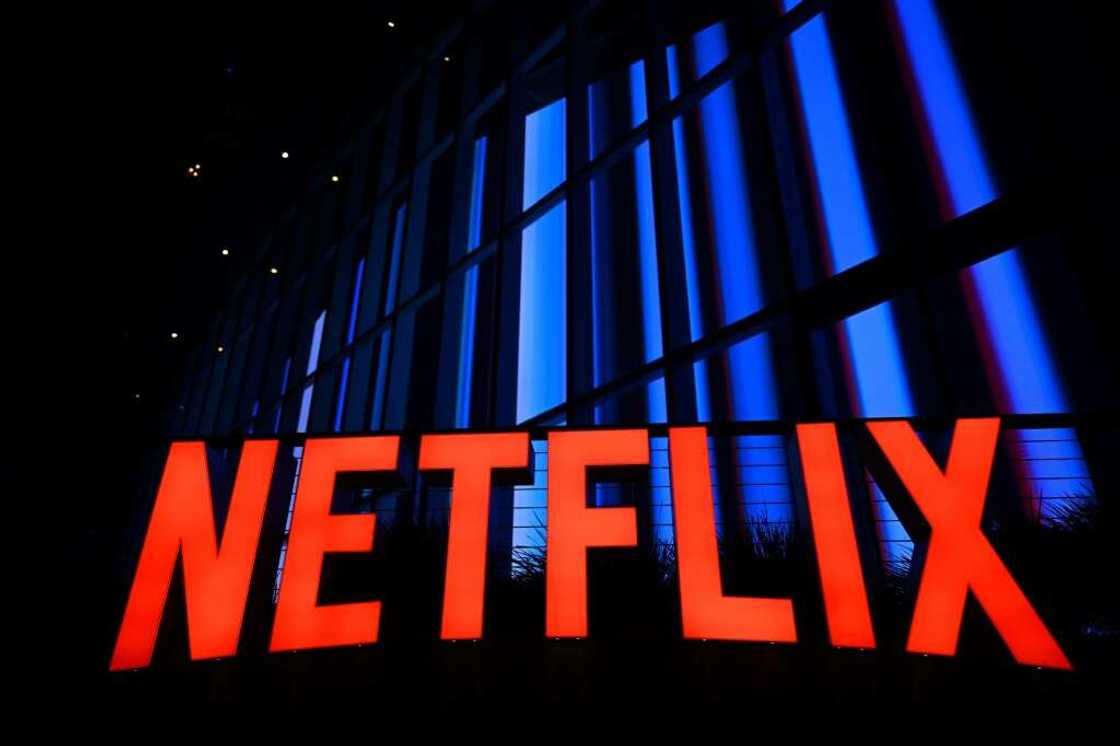Netflix CEO says $2.5 bn investment an 'opportunity' for S.Korea

Source: AFP
Netflix's $2.5 billion investment in South Korea is an "opportunity" for local business, the streaming giant's CEO said Thursday, as he played down a dispute with local internet companies over network usage.
South Korea is one of Netflix's biggest suppliers of television series and films, and boss Ted Sarandos said it was "investing for the long term" in the country, which has given the company global hits Squid Game and The Glory.
Outlining how the $2.5 billion -- announced in April in Washington while Korean President Yoon Suk Yeol was on a state visit -- would be spent, Sarandos praised the "amazing partnership between the Korean creative community and Netflix".
"But I believe we're just scratching the surface of what's possible," he added, vowing to invest heavily in training South Korea's next generation of storytellers, in addition to boosting funding for original shows.
"We have to invest in their talent collectively as an industry. Between 2022 and 2025, for example, one in five Netflix titles in Korea will have come from a first-time writer or director," he said.
But South Korea's service providers have accused Netflix, which launched in the country in 2016, of free-riding on their networks -- paying the standard rate, despite the significant traffic congestion it has caused.
PAY ATTENTION: Сheck out news that is picked exactly for YOU ➡️ find the “Recommended for you” block on the home page and enjoy!
Netflix sued SK Broadband in 2020, asking the court to confirm that it has no obligation to pay network usage fees to SK Broadband.
However, the court ruled with the Korean firm, saying it was "reasonable" for Netflix to be "obligated to provide something in return". Netflix has appealed.
SK Broadband filed a separate suit against Netflix in 2021 arguing it should have to pay for costs from increased network traffic and maintenance work because of a surge in viewers for its content. The case is ongoing.
Sarandos said he wouldn't call the current legal dispute a "conflict".
"I would say that there's opportunity as businesses evolve. There's a clear, direct and symbiotic relationship between creative companies like ours and internet industries," the told reporters in Seoul.
"We've invested about a billion US dollars in developing this open connect system which improves and reduces the cost of delivery of bits around the world."
He stressed Netflix has about 18,000 servers across 6,000 locations in 175 countries that "make the internet move faster and more efficiently", and the investment will only continue.
"I'd say that the opportunity to work together to create a better consumer experience for the internet, for content, for general joy of consumers is something we should be doing together."
Over the past few years, South Korean content has taken the world by storm, with more than 60 percent of Netflix viewers watching a show from the country in 2022, company data showed.
Source: AFP


